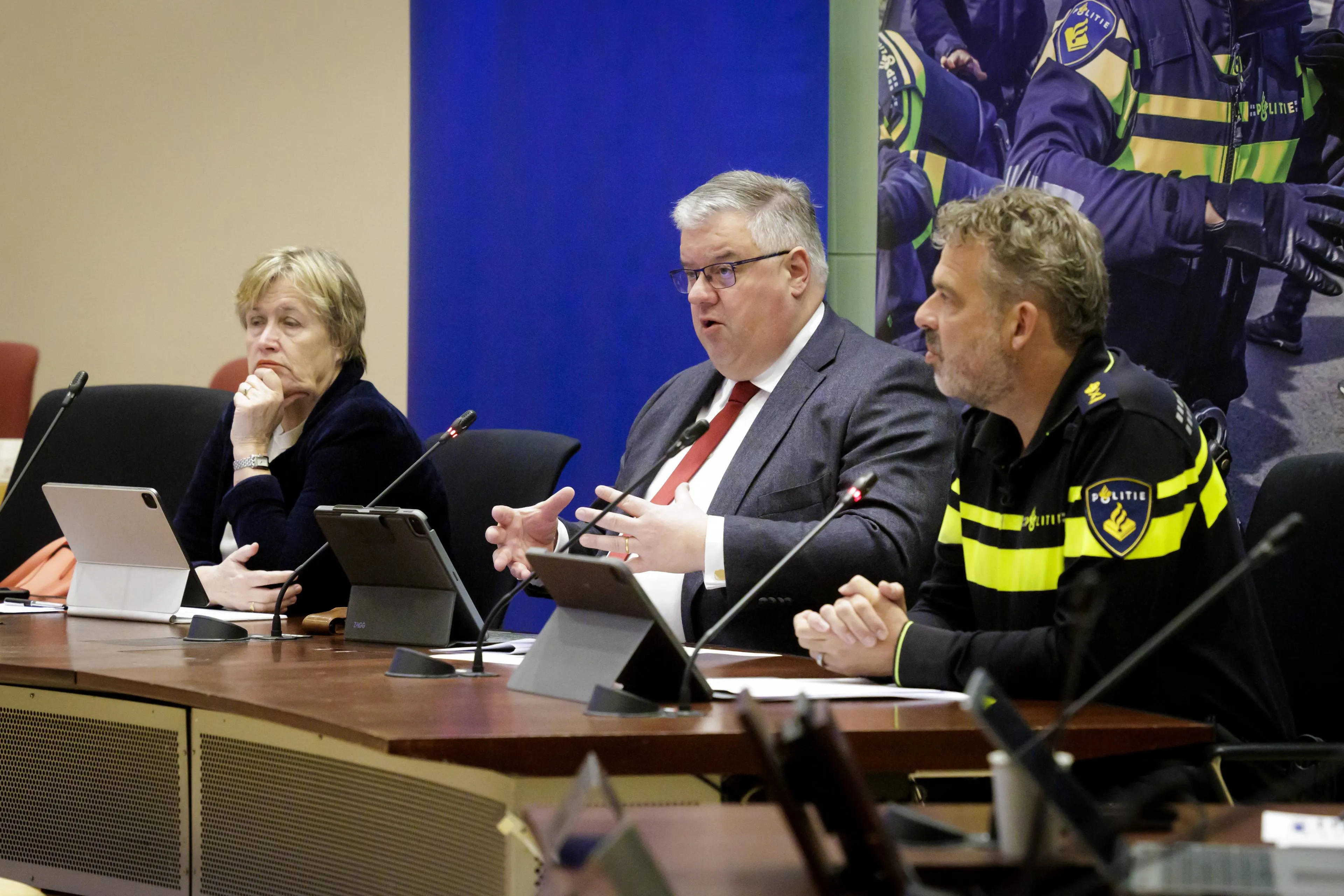Ottmar Edenhofer: een broeikasgelovige die voor internationale inkomensherverdeling pleit

Ottmar Edenhofer, PIK
De covoorzitter van Werkgroep III van het IPCC, Ottmar Edenhofer, tevens als plv. directeur verbonden aan het Duitse PIK (Potsdam-Institut für Klimafolgenforschung een rijke bron van klimaatalarmistische propaganda), heeft onlangs in een interview met de 'Neue Zürcher Zeitung' (NZZ), uitgelegd waar het in de nieuwe klimaatconferentie in Cancun nu eigenlijk over gaat. Dat was mij nog nooit zo duidelijk opgevallen. Dus reden genoeg om aandacht aan zijn visie te schenken.
Bernard Potter rapporteert in de NZZ (hieronder is gebruik gemaakt van de Engelse vertaling):
IPCC Official: 'Climate Policy Is Redistributing The World's Wealth'
Climate policy has almost nothing to do anymore with environmental protection, says the German economist and IPCC official Ottmar Edenhofer. The next world climate summit in Cancun is actually an economy summit during which the distribution of the world's resources will be negotiated.
Wat ziet Edenhofer dat anderen niet zien? Het ziet er naar uit dat er in Cancun helemaal niets zal worden onderhandeld. In de voorbereidingen is geen voortgang geboekt. Integendeel, de posities van de verschillende partijen zijn verder uit elkaar gegroeid. Bovendien wat valt te herverdelen? De 'rijke' landen verkeren bijna zonder uitzondering in grote financiële moeilijkheden. En wie weet hoe zij daar uit moeten komen, mag het zeggen.
Maar dat weerhoudt Edenhofer er niet van om verder te fantaseren
There is no historical precedent and no region in the world that has decoupled its economic growth from emissions. Thus, you cannot expect that India or China will regard CO2 emissions reduction as a great idea. And it gets worse: We are in the midst of a renaissance of coal, because oil and gas (sic) have become more expensive, but coal has not. The emerging markets are building their cities and power plants for the next 70 years, as if there would be permanently no high CO2 price.
Until now, many think of aid when they hear development policies. That will change immediately if global emission rights are distributed. If this happens, on a per capita basis, then Africa will be the big winner, and huge amounts of money will flow there. This will have enormous implications for development policy. And it will raise the question if these countries can deal responsibly with so much money at all.
Basically it's a big mistake to discuss climate policy separately from the major themes of globalization. The climate summit in Cancun at the end of the month is not a climate conference, but one of the largest economic conferences since the Second World War. Why? Because we have 11,000 gigatons of carbon in the coal reserves in the soil under our feet - and we must emit only 400 gigatons in the atmosphere if we want to keep the 2-degree target. 11 000 to 400 - there is no getting around the fact that most of the fossil reserves must remain in the soil.
De facto, this means an expropriation of the countries with natural resources. This leads to a very different development from that which has been triggered by development policy.
First of all, developed countries have basically expropriated the atmosphere of the world community. But one must say clearly that we redistribute de facto the world's wealth by climate policy. Obviously, the owners of coal and oil will not be enthusiastic about this. One has to free oneself from the illusion that international climate policy is environmental policy. This has almost nothing to do with environmental policy anymore, with problems such as deforestation or the ozone hole.
Lees verder hier.
Het zijn mensen met dit soort ideeën die een stempel drukken op wat er in het VN-klimaatpanel (IPCC) wordt bekokstoofd. Namens wie spreken zij eigenlijk? Hoe het ook zij, ik heb zo'n vaag vermoeden dat dit soort denkbeelden het enthousiasme voor Cancun in de landen die de rekening moeten betalen, niet zal bevorderen.
Ottmar Edenhofer is plv. directeur en 'chief economist' van het PIK, het belangrijkste adviesorgaan van de Duitse regering inzake klimaat. Met zulke sprookjesvertellers als adviseur, heb je geen klimaatsceptici meer nodig.


